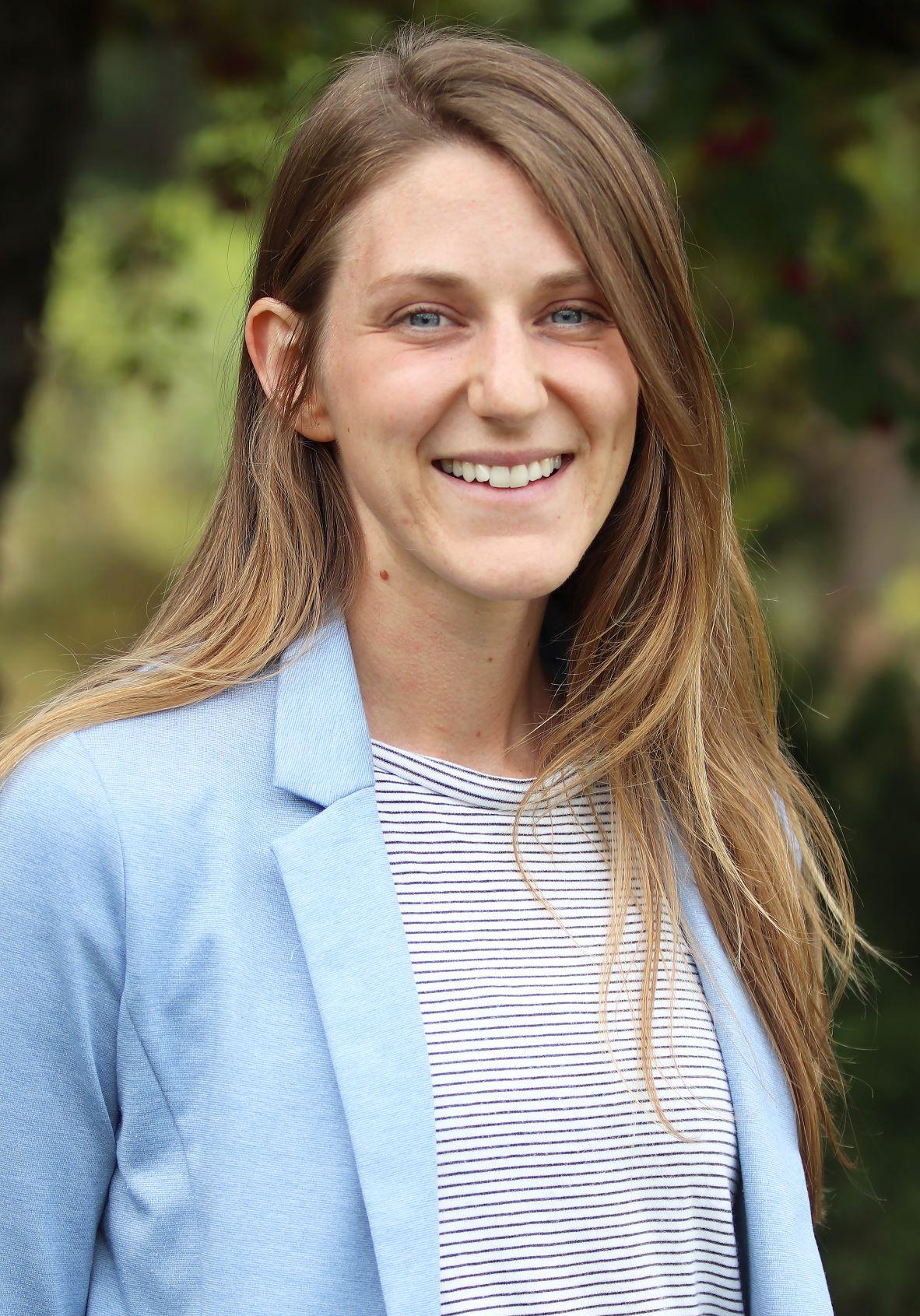Graduates of the School’s programs embark on a wide range of career paths in the broad area of public service and public affairs. The video interviews, alumni profiles, and stories of our distinguished alumni provide a snapshot of these paths.

Kelsey Baerg works in Advancement at Selkirk College. Read about her experiences in the MPNL program below.
Q: How did you know that Carleton SPPA was the right program for you?
“I was pretty interested in the non-profit sector and when looking at the availability of programs that were specifically for the charitable sector, it did seem to be the only one in Canada that had a specific non-profit focus. […] So when I found the Carleton program, it was the only Master’s that I applied to because I felt like it was such a perfect fit right from the get-go. As I started the program, I think my view of the non-profit sector widened and I was pleasantly surprised by how many different avenues and focuses the degree allowed you to choose from so you could really navigate your own path within the program.”
Q: What was the transition like from school to the workforce?
“I felt like the program really gave me a leg up in launching my career. Because I’m located in a rural community, the career opportunities aren’t as prominent and plentiful as in a larger city, so I felt like the MPNL program really helped me transition to more sophisticated positions. Using a very broad view of the entire Canadian philanthropic sector and a lot of the things that were emerging – trends, best practices and whatnot – I was able to bring them back to the rural community I’m based in to provide a little more ‘big city thinking’ in the positions I was holding. That helped me transition into working in higher education in my community.”
Q: What position do you hold now and what work does this involve?
“I work in advancement at Selkirk College, which is a community college that spans eight regions in the West Kootenay region of British Columbia. I work in all sorts of donor relations, at all levels of giving – annual giving, major giving, planned giving, and corporate sponsorship. It’s a really well-rounded position. It’s been one where I’ve definitely grown and have applied nearly every concept I learned in the MPNL program. […] It’s interesting because though I knew fundraising was an important part of non-profits, I hadn’t really explored the intricacies of it before. I ended up signing up for one of the fundraising electives in the program and I absolutely loved it because while you of course need some sort of financial background, since you’re managing a large number of funds and budgets, it also allows you to have a more creative marketing and communications lens. It was an interesting outcome because I didn’t go into the program thinking I’d go into fundraising.”
Q: How did the education you got at the school empower you through your career?
“When I started the Master’s, I applied for a contract with a local poverty initiative where I was looking to develop a program targeting poverty-vulnerable rural youth and teaching financial literacy skills to these youth. Because I started that contract while I was taking courses, like Policy and Program Evaluation, I went into it with a different mindset than I would have had I not taken the program and so I was able to think through some really clear logic models and take a more sophisticated approach to it. It ended up being a really successful program and the outcomes for the youth were really incredible. It created a financial literary curriculum that we’ll hopefully take and scale up in other rural communities. Without the MPNL program, I wouldn’t have had that idea of starting things on a pilot project and then thinking towards the future with the project, in terms of being able to scale them up and apply them in different circumstances. I was able to add to the body of knowledge of what’s driving poverty in rural communities and was able to measure the social impact of the program and I think it really helped in that circumstance.”
Q: What was the most memorable experience during your time at the School?
“I think the [most memorable experience was] the two-week institute in the summer where I met some really incredible women. Just tons of amazing conversations in the classroom but also over a glass of wine at dinner. The whole experience was incredible – the level of instruction during those institutes, the engagement of the class, and the quality of the guest speakers. I just felt like my mind expanded tenfold during those two weeks each time I went.”
Q: Do you have any advice for current or future students?
“There’s certainly opportunities for internships and other work experiences within the program and I would definitely take both of those. There are also interesting opportunities for traveling abroad and really taking advantage of a more robust research experience for the final capstone, and I think, in hindsight, I would’ve maybe taken more advantage of just diving a little bit more into research. It’s certainly available, you just have to take the initiative to do it.”